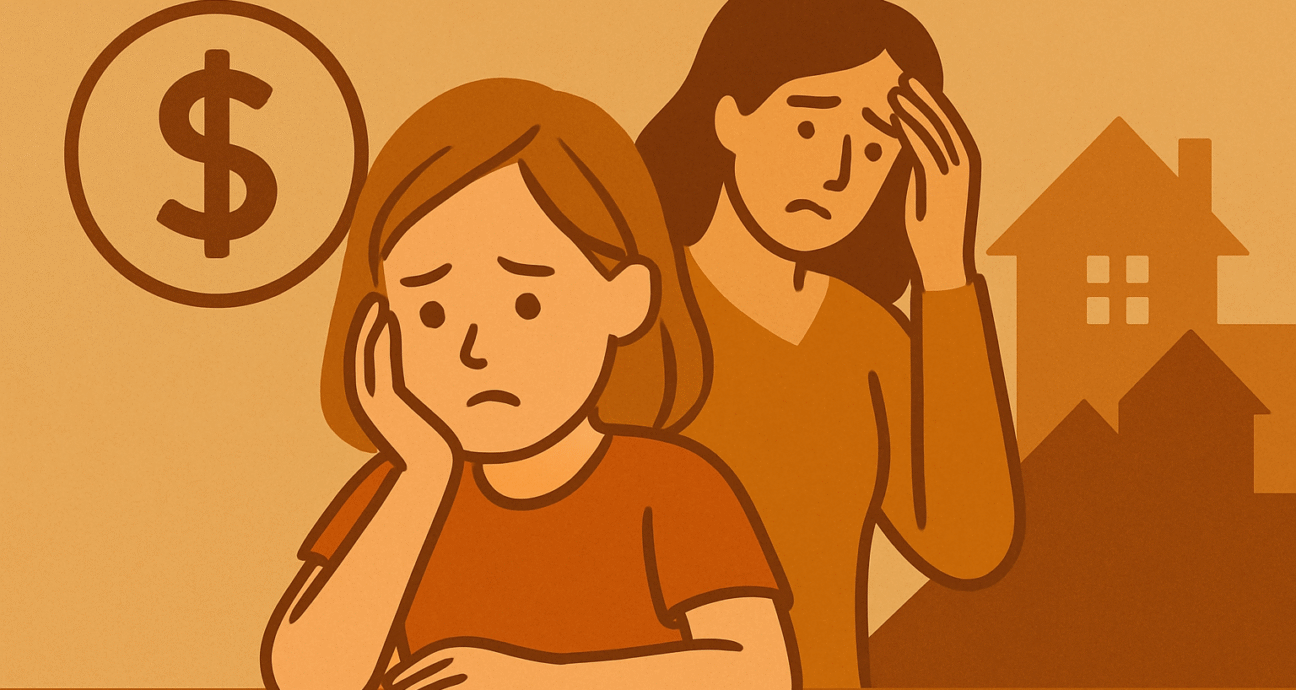Worried About the Economy? Your Kids Might Be Affected Too

Over the years, I’ve explored how economic ups and downs shape families’ everyday experiences. It’s easy to overlook how financial stress, whether due to job insecurity or inflation fears, not only wears down caregivers but also deeply influences the emotional and practical aspects of family life.
Let’s start with the difficult side of things. In communities where economic instability is common, children often grow up with parents who are emotionally distant or stressed out. When adults are juggling multiple part-time jobs or living in constant fear of layoffs, their mental health suffers—and so does their ability to engage with their children.
On the flip side, being unemployed doesn’t bring peace either. Being stuck in a cycle of uncertainty, unable to progress in one’s career or reach personal goals, often leads to frustration, anxiety, or emotional burnout. This creates a tense atmosphere at home, subtly reshaping daily family interactions.
But emotional changes aren’t the only impact. Economic downturns can also reshape the physical environment for children. For working-class or middle-class families, it may not be about putting food on the table, but rather losing access to enriching activities, like skiing, horseback riding, or trendy sneakers. These things may seem minor, but their absence can create a lasting sense of loss and unpredictability for kids accustomed to them.
Interestingly, some children report a silver lining. When a parent is laid off or working less, they may become more emotionally present, offering kids more attention than during the usual work hustle. Though it’s not an ideal way to find calm, some children say their home lives improved when the economy worsened.
Ideally, parents would have the time and support they need to remain attentive in both good and bad times. Reaching this goal means creating systems that promote resilience across all economic conditions. A few ideas include:
- During economic downturns, ensure someone is checking in on the children of families hit hardest. Teachers, religious leaders, and community members should be equipped to spot signs of emotional distress and provide support.
- In economic booms, invest in community spaces and support systems, like free parks or recreation centers, that remain accessible even when families are struggling.
- Help maintain consistency for kids in tough times. If a child loses access to sports or activities, seek ways to subsidize participation. Keeping children in the same school and peer group provides the emotional stability they need to cope with change.
There are many other potential solutions, but they all share one focus: protecting children’s well-being, even when the economy puts families under pressure. A shaky job market may be out of our hands, but how we support kids through it is not.





